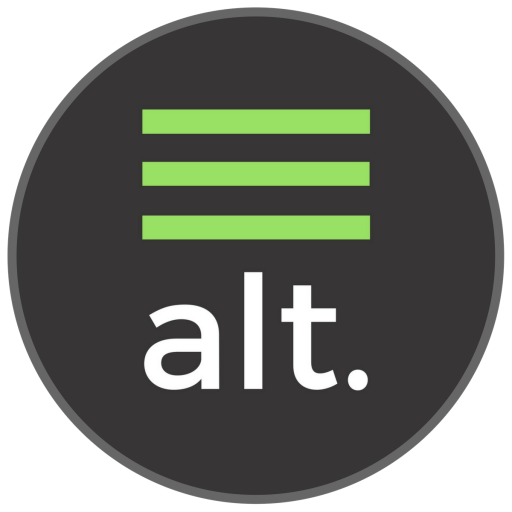Resources
Promoting the free flow of environmental information
There can be no JET through climate-resilient development without public access to environmental and climate information, especially for transition-affected communities. This includes communities that are “transitioning-in” through the development of new renewable energy supply chains, and communities that are “transitioning-out” of coal-based supply chains. There are also areas where these transitions are taking place at the same time such as the Mpumalanga Highveld, South Africa’s industrial heartland.
Environmental information – including climate-related information – can be broadly understood as:
Information and knowledge held by a public or private body on the state of the environment, including elements such as the atmosphere, water, and land, as well as sources of pollution affecting or likely to affect the environment, including harmful substances, energy, noise, radiation, residues, waste, emissions, spills and other toxic releases to the environment.
Considering the far-reaching environmental implications of South Africa’s JET through climate-resilient development, a general understanding is that information and knowledge relevant to the various JET processes that are either planned, or underway, would typically fall within this definition of environmental information.
Environmental information is considered a special category of information in the public interest, as it not only enables individuals and communities to understand the effect of environmental harm on their rights, including their rights to life and health, but it also supports the exercise and protection of other rights. Access to environmental information is therefore important as an absolute value, as well as in the role it plays in meaningful participation and contributing to public awareness and debate on a wide range of important issues in the JET context in South Africa.
Climate Resilience Africa
User Guide
The Promotion of Access to Information Act 2 of 2000 (“PAIA”) was passed by Parliament to fulfil information rights in terms of section 32 of the Constitution. PAIA’s preamble tell us that the State must foster a culture of transparency and accountability in government and private companies. One of PAIA’s objectives is create voluntary and compulsory channels that help the public to access records from government departments and agencies that perform a public duty, private companies, and political parties, as swiftly, affordably, and easily as possible. For example, section 15 of PAIA makes it compulsory for government departments and agencies to list the categories of records that are automatically available to the public. In terms of section 52 of PAIA a private company may also voluntarily list categories of records that are automatically available to the public. These records, or parts of records, are often automatically available online through websites.
The Climate Resilience Africa web portal is a user-friendly guide to a growing collection of online resources that support South Africa’s JET through climate-resilient development. This is environmental information and knowledge that is automatically available to the public to enable the full protection and exercise of rights in the Constitution. This kind of proactive publication by information holders is consistent with international practice where many government departments, and organisations that perform public duties, have specific platforms to share environmental information and knowledge as widely as possible using the internet. This is also consistent with the Electronic Information Guidelines published by South Africa’s Information Regulator toward the continuous flow of information, compliance with the regulatory environment, and the promotion of transparency, accountability, and effective governance of all government departments and private organisations.
The general sub-categories of JET information and knowledge covered in this web portal are:
- Information and knowledge that supports the low-carbon transition from coal to renewable energy sources, while protecting the rights and needs of vulnerable communities;
- Information and knowledge that supports South Africa’s resilience in response to climate change; and
- Information and knowledge that monitors and evaluates financial flows toward achieving South Africa’s JET.
Under each of these sub-category pages the user will find the name of the online resource and weblink, a description of what is available, navigation notes and directions to other relevant resources, the resource owner, and a link to training material if any exists. The available resources are ordered from those owned and operated by government departments and agencies followed by resources owned and operated by non-government organisations and private organisations.

